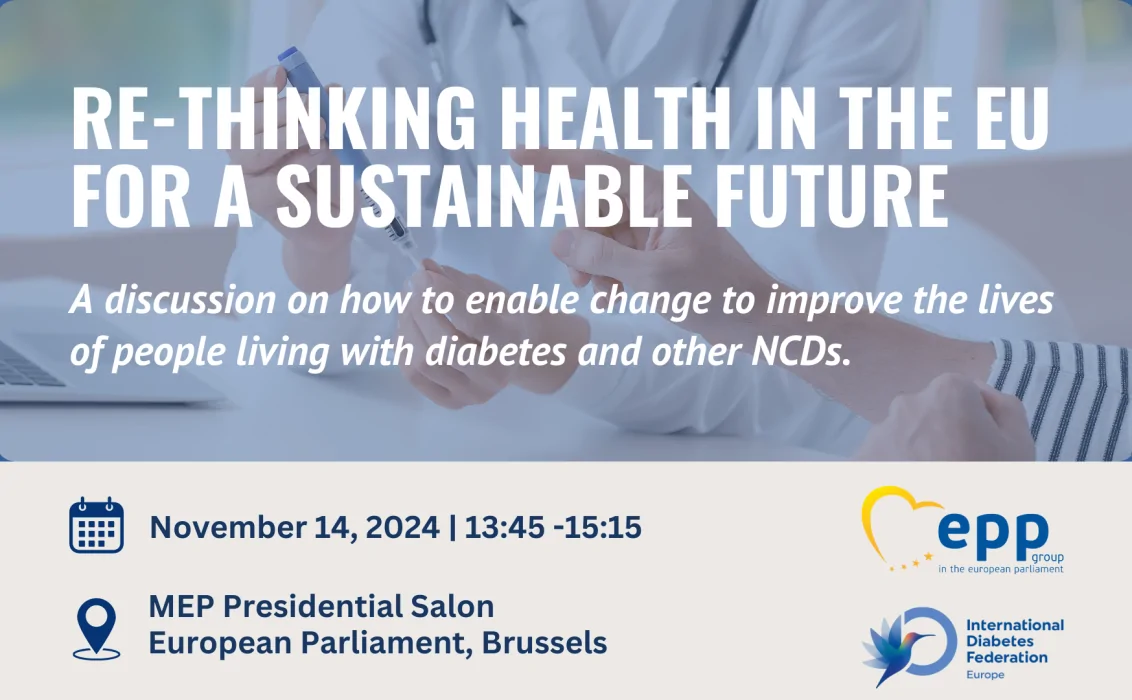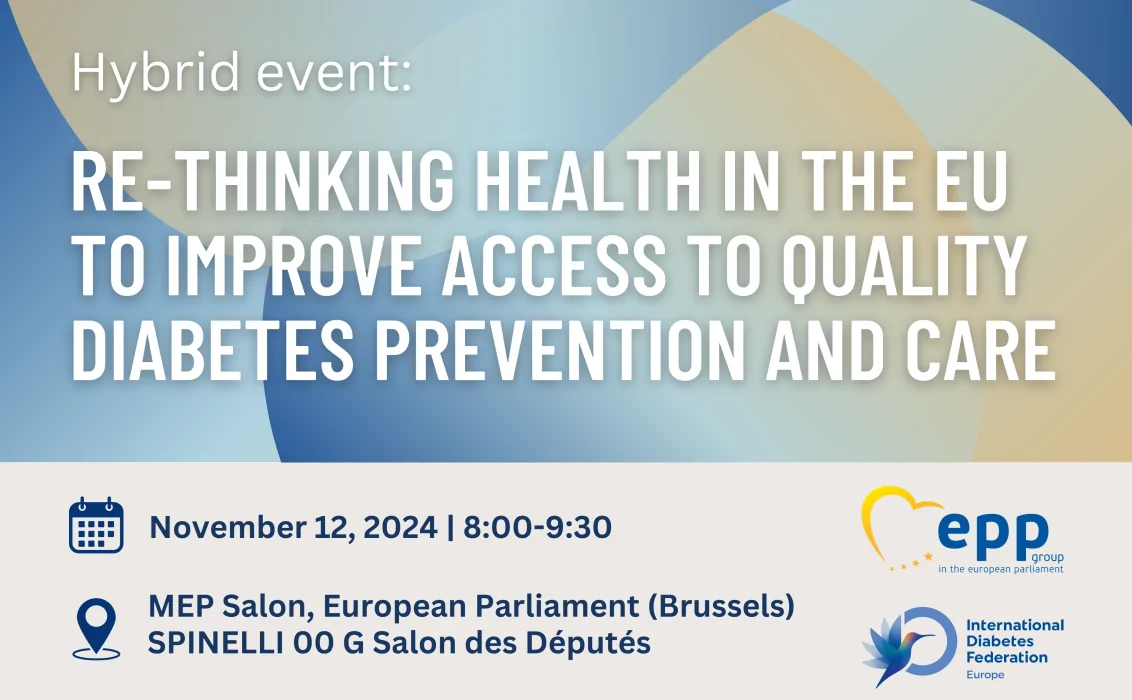In 2022, the Behavioural and Cultural Insights Unit at WHO/Europe and the WHO Country Office in Romania, supported by the Ministry of Health, the Presidential Administration, the National Institute of Public Health and other stakeholders, conducted a five-month study on the health service needs and gaps in Romania, from the perspective of Ukrainian refugees.
The aim of the study was to improve and refine the health-related support provided by governments in neighbouring countries who have been welcoming Ukrainian refugees.
Throughout the duration of the study, WHO supported national health authorities to carry out qualitative interviews with refugees with follow-ups to monitor changes in their experiences of the health services provided.
The information gathered will now enable Romanian health authorities to take a people-centred approach in their response to the health needs of Ukrainian refugees. Other countries are already following the same model; similar studies are being conducted in Poland, Slovakia and Slovenia.
Key study findings have highlighted the particular support needed by new mothers who are often left alone; language as a key barrier to access health services; difficulties in accessing healthcare during the first months; and the importance of sharing experiences among fellow refugees for feeling more settled and confident in seeking health services.
As IDF Europe, we are aware of the crucial importance for Ukrainian refugees living with diabetes to understand the health system in the country where they are, and to have full access to all the diabetes medicines, technologies, supplies and care they require to optimally manage their condition. To monitor the situation of Ukrainian PwD in the countries where they are displaced, we receive regular updates from our member associations regarding the status of access to diabetes care in their countries as well as their initiatives aimed at supporting Ukrainian refugees living with diabetes.



